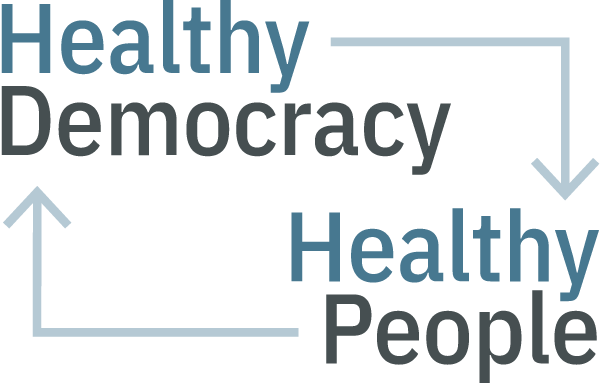
Aligning Intergenerational Expectations: Creating Joy and Productivity in the Workplace
How can intergenerational communication in a workplace be aligned to create a positive environment for individuals, teams, and communities served?


Register
Course Information
- Audience: Program managers and trainers, community health workers, public health professionals
- Format: Webinar
- Date/Time: Thursday, June 25, 2020 12:00 - 1:00 PM EST
- Price: Free
- Length: 1 hour
- Credential(s) eligible for contact hours: Sponsored by New England Public Health Training Center (NEPHTC), a designated provider of continuing education contact hours (CECH) in health education by the National Commission for Health Education Credentialing, Inc. This program is designated for Certified Health Education Specialists (CHES) and/or Master Certified Health Education Specialists (MCHES) to receive up to 1 total Category I continuing education contact hour. Maximum advanced-level continuing education contact hour is 1. Provider ID: 1131137 Event ID: PM1131137_06252020.
If you are not seeking CHES/MCHES contact hours, if you complete the evaluation, you will receive a Certificate of Completion. The Certificate will include the length of the course. - Competencies: Leadership and Systems Thinking Skills
- Learning Level: Awareness and Performance
- Companion Trainings: None
- Supplemental materials: PowerPoint
- Pre-requisites: None
About this Webinar
This is a demanding moment for our workforce and all of us world-wide which is requiring us to think about new ways of delivering programs and new ways of communicating with our colleagues. Within this context, participants will examine the nature of intergenerational communication in the workplace and consider their ‘leadership presence’ to bring out the best in everyone. The webinar will address such questions as: what kind of environment do we need to create to promote dialog? What skills do we need to do to be effective as employees and managers and why? What strategies can we put into place to align workplace expectations and further strengthen intergenerational communication in our workplace?
We know you are committed to having a vibrant public health system that provides quality health care to our communities. Come to this webinar to explore how intentionality and attentive intergenerational communication can result in a productive work environment, positive outcomes for you and your colleagues, and the communities you serve.
What you'll learn
At the end of the webinar, participants will be able to:
- Identify characteristics of different generations in the workforce and reflect on how our perceptions and beliefs affect our attitudes and behaviors
- Construct your vision of a ‘leadership presence’ that creates a positive work environment in an intergenerational workplace
- Outline strategies for fostering a productive workplace
- List action steps for creating a work culture in which multiple generations can thrive in diverse work environments
Subject Matter Expert
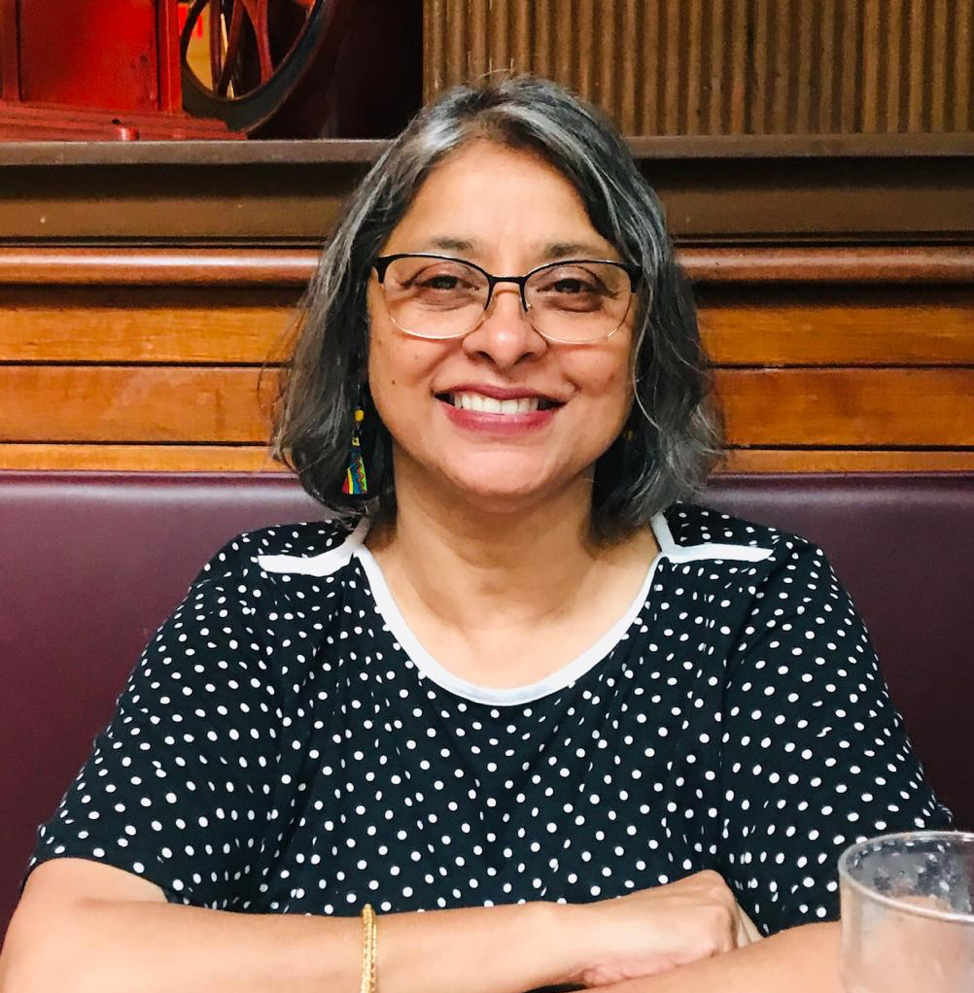
Sadhana Warty Hall
Deputy Director of the Rockefeller Center
Dartmouth College
Sadhana Warty Hall is the Deputy Director of the Rockefeller Center at Dartmouth College. She has designed management and leadership programs that prepare Dartmouth undergraduates for entry into the workforce. Her current workplace encompasses staff from different generations. In 2015, Ms. Hall was the recipient of the Sheila Culbert Distinguished Employee Service Award given by Dartmouth College in recognition of a decade of work during which she built, broadened, and brought academic rigor to experiential learning programs that deepen students’ knowledge and understanding of public policy and strengthen their leadership skills. In 2019, Ms. Hall was one out of 45 individuals worldwide to receive the Endeavour Executive Leadership Award, presented by the Australian government to leading professionals to undertake research and professional development in Australian institutions. Hall has worked for more than 20 years with communities in Asia, Pacific, and the Former Soviet Union to implement programs in health, education, agriculture, and economic development. In the US, Ms. Hall's experience includes working for the NH Department of Health and Human Services. She also served as the director of international relations with the Global Health Council, where she also directed three annual global health conferences with 1,500 participants representing 80 countries. All these experiences have sparked her interest in how we can foster vibrant intergenerational communication in the workplace. Hall holds a B.S. from the University of Delhi, India, a M.A. from the University of Rajasthan, India, and a M.P.H. from the University of North Carolina at Chapel Hill's Gilling’s School of Public Health.
Registration
Select the Enroll Me button below to register for this webinar. If you have any trouble accessing the webinar, contact support@nephtc.org.
Acknowledgement: This project is/was supported by the Health Resources and Services Administration (HRSA) of the U.S. Department of Health and Human Services (HHS) under grant number UB6HP31685 “Regional Public Health Training Center Program.” This information or content and conclusions are those of the author and should not be construed as the official position or policy of, nor should any endorsements be inferred by HRSA, HHS or the U.S. Government.
* Yale School of Public Health, Office of Public Health Practice, a New England Public Health Training Center partner, is a designated provider of continuing education contact hours (CECH) in health education by the National Commission for Health Education Credentialing, Inc. All CHES credit inquiries are managed by YSPH

Health Professionals, Peace through Health and American Fragility in a Pandemic Era
How can public health lead to public trust?
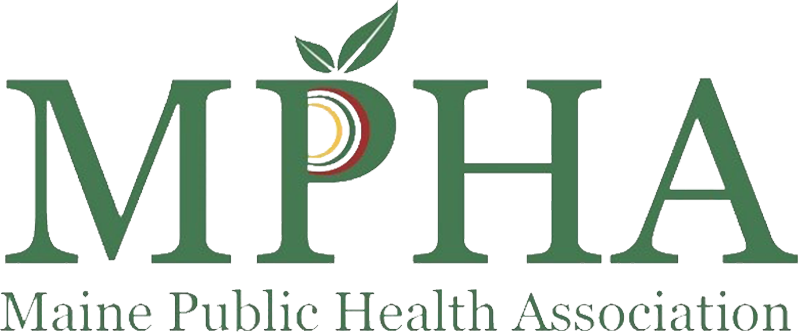
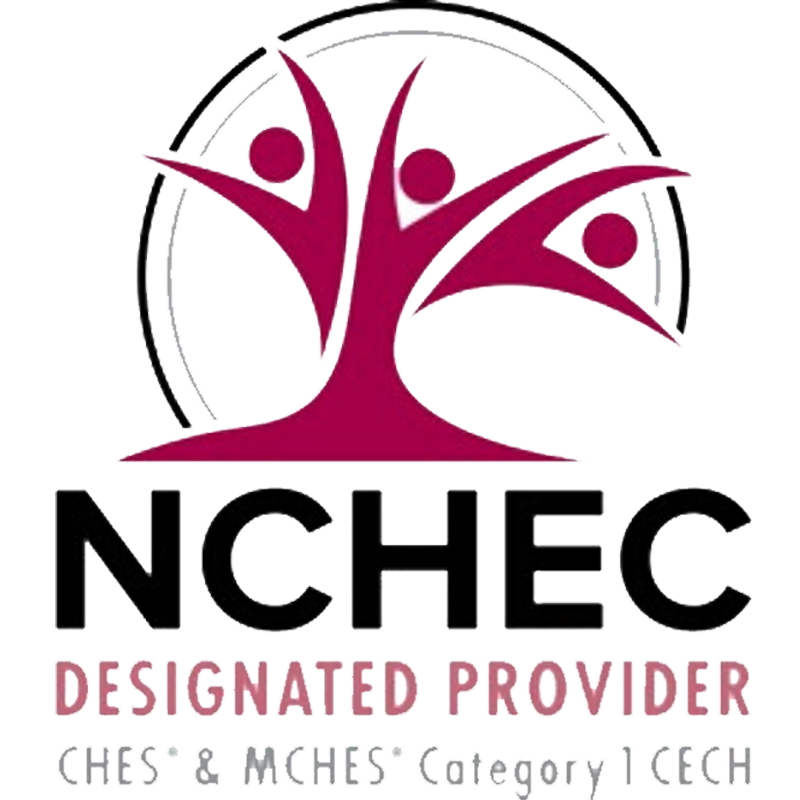
Register
Course Information
- Audience: Public Health Professionals
- Format: Webinar
- Date/Time: Wednesday, January 12, 2022 12:00 PM – 1:00 PM EST
- Price: Free
- Length: 1 hour
- Credential(s) eligible for contact hours: Sponsored by New England Public Health Training Center (NEPHTC), a designated provider of continuing education contact hours (CECH) in health education by the National Commission for Health Education Credentialing, Inc. This program is designated for Certified Health Education Specialists (CHES) and/or Master Certified Health Education Specialists (MCHES) to receive up to 1 total Category I continuing education contact hours. Maximum advanced-level continuing education contact hours are 1. Provider ID: 1131137 Event ID:
PM1131137_01120222.
If you are not seeking a CHES/MCHES contact hours, if you complete the post-test and evaluation, you will receive a Certificate of Completion. The Certificate will include the length of the course.
- Competencies: Leadership and Systems Thinking Skills
- Learning Level: Awareness
- Companion Trainings: None
- Supplemental materials:None
- Pre-requisites: None
About this Webinar
Fragility is a term often used to describe countries that are emerging from conflict. The United States, assessed in 2018 to be the country most able to deal with a disaster, has tragically performed the worst of any industrialized country in the COVID pandemic. The speaker will discuss the possible roles and specify policy options for health professionals that can address American fragility. Without public health there will be no public trust. Without public trust, American fragility will not only continue but it will worsen.
What you'll learn
At the end of the course, participants will be able to:
- Define "American fragility"
- Identify 1-3 possible roles health professionals are already playing to address “national fragility”
- Identify 1-3 new ways health professionals can increase their professional engagement to address American fragility
- Identify 1-2 policy options to address American fragility
Moderator
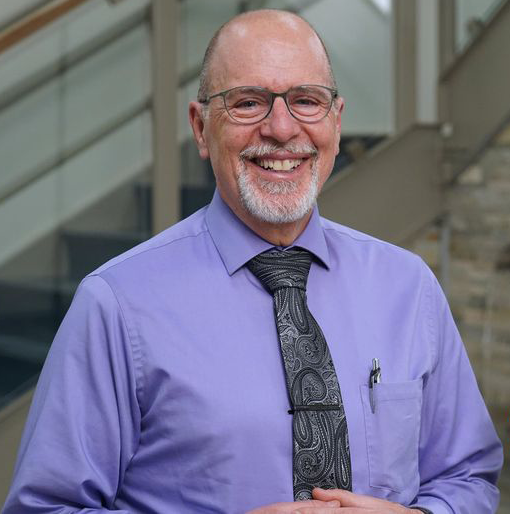
Noah Nesin, MD
Dr. Noah Nesin has been a family doctor in Maine since 1986, first in a private, solo practice and then in FQHCs (Health Access Network in Lincoln and Penobscot Community Health Care, based in Bangor. Dr. Nesin was raised in Howland, Maine, where his father was a family doctor for 39 years. He attended Tufts University School of Medicine and completed his Family Medicine residency in Duluth, Minnesota. Throughout his career Dr. Nesin has led efforts in evidence based prescribing and in practice transformation to improve efficiency and to use health care resources judiciously. Dr. Nesin has mentored PA, nurse practitioner and medical students, and Family Practice residents throughout his career Dr. Nesin serves as the chair of Maine’s Academic Detailing Advisory Committee, the body which oversees the Maine Independent Clinical Information Service, sits on the Advisory Committee for the Lunder Dineen Health Education Alliance of Maine, and on the Community Advisory Committee for Maine Health Access Foundation. He was a co-founder of Maine Quality Counts’ Maine Chronic Pain Collaborative, is a member of the editorial board for the Journal of Ambulatory Care Management, and is a member of AHRQ’s National Integration Advisory Council, which is currently focused on treatment of substance use disorders across the country. Dr. Nesin is also a member of Maine’s Opioid Clinical Advisory Group and Maine’s Governor has appointed him chair of the newly formed Maine Prescription Drug Affordability Board and also appointed him as a member of Maine’s Board of Licensure in Medicine. Dr. Nesin is the current President of the Maine Public Health Association and published a number of papers and opinion pieces related to primary care.
Subject Matter Expert
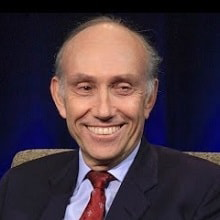
Norbert Goldfield, MD
Norbert is founder/ CEO of Healing Across the Divides (www.healingdivides.org; HATD), focusing on peace-building through health in the Israeli-Palestinian conflict. The mission of this organization is to measurably improve the health of marginalized Israelis and Palestinians through community-based interventions. Norbert Goldfield MD is also founder/ CEO of a bipartisan venture incorporated in April 2018, Ask Nurses and Doctors or AND (www.asknursesdoctors.com). The mission of AND is to organize and then link local health professionals with competitive national political candidates who have practical plans for universal quality affordable health coverage for all Americans. Dr. Goldfield has published more than 100 books and articles. His latest book is Peace Building through Women’s Health: Psychoanalytic, Sociopsychological, and Community Perspectives on the Israeli-Palestinian Conflict (Routledge, Taylor Francis, 2021). He is also a practicing internist at a community health center. Dr. Goldfield has served on a number of local (e.g. Congregation B’Nai Israel; Health Care for All) and national boards (e.g. Bend the Arc). He has taught college courses on a variety of topics including Peace Building Through Health, and the Impact of AIDS on American cities. Prior to February 2018, Dr Goldfield worked for 30 years as medical director for a research group developing tools linking payment for health care services to improved health care outcomes. These tools are in use in many countries in addition to the U.S.
Registration
Select the Enroll Me button below to register for this recording. If you have any trouble accessing the recording, contact support@nephtc.org.
Acknowledgement: This project is/was supported by the Health Resources and Services Administration (HRSA) of the U.S. Department of Health and Human Services (HHS) under grant number UB6HP31685 “Regional Public Health Training Center Program.” This information or content and conclusions are those of the author and should not be construed as the official position or policy of, nor should any endorsements be inferred by HRSA, HHS or the U.S. Government.

Course Information
- Audience: Public Health Professionals, Community Health Workers
- Format: Webinar
- Date/Time: Wednesday, September 28th 2022 12:00 PM – 1:00 PM EST.
- Price: Free
- Length: 1 hour
- Credential(s) eligible for contact hours: Sponsored by New England Public Health Training Center (NEPHTC), a designated provider of continuing education contact hours (CECH) in health education by the National Commission for Health Education Credentialing, Inc. This program is designated for Certified Health Education Specialists (CHES) and/or Master Certified Health Education Specialists (MCHES) to receive up to 1 total Category I continuing education contact hours. Maximum advanced-level continuing education contact hours are 0. Provider ID: 1131137 Event ID: PM1131137_HDHP
If you are not seeking a CHES/MCHES contact hours, if you complete the post-test and evaluation, you will receive a Certificate of Completion. The Certificate will include the length of the course.
- Competencies: Health Equity Skills
- Learning Level: Awareness
- Companion Trainings: None
- Supplemental materials:None
- Pre-requisites: None
About this Webinar
Healthy Democracy Healthy People is a nonpartisan initiative of major public health and civic engagement groups, aiming to strengthen our collective capacity to advance health and racial equity by ensuring access to the ballot for all eligible voters. Join us to learn about this initiative, and how health indicators correlate to voting policies.
What you'll learn
At the end of the recording, participants will be able to:
- Describe how health, health equity and inclusive democracy are connected.
- Introduce the Healthy Democracy Healthy People (HDHP) Initiative and provide an overview of Health & Democracy Index.
- Identify 3 practices HDHP is using to build power to advance health equity.
- Describe actions we can take collectively to strengthen civic and voter participation.
Subject Matter Experts
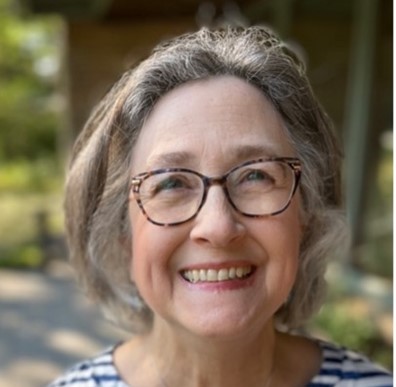
Jeanne Ayers

Gnora Gumanow
Jeanne Ayers, RN, MPH, serves as the executive director of Healthy Democracy Healthy People Initiative (previously known as VoteSAFE Public Health), a coalition of 10 national public health organizations focused on advancing health equity by assuring participation in the electoral process is available to everyone. Before joining the Initiative in 2020, Ayers held leadership roles in state governmental public health for more than 9 years. She served as the Wisconsin State Health Officer and Administrator of the Division of Public Health and as Assistant Commissioner and Chief Health Equity Strategist for the Minnesota Department of Health. Prior positions include director of nursing and preventive services and occupational health at the University of Minnesota, Boynton Health Service. She worked in professional continuing education for 15 years and founded and directed the Centers for Public Health Education and Outreach at the School of Public Health, University of Minnesota.
Gnora Gumanow, Dr.PH(c), MPH, is the Healthy Democracy Health People Partnerships Director. Gnora grew up in a family filled with organizers and started her professional career as a regional organizer for Planned Parenthood Advocates of Oregon. She fought tirelessly to build grassroots movements for reproductive rights and democracy reform in Oregon before pursuing her graduate degree at the George Washington University’s Milken Institute School of Public Health. Most recently, Gnora worked at the Alliance for Youth Action as a Director of Network Capacity where she continued to support youth centered organizing on democracy reform and economic justice across the country. Gnora brings a deep understanding of the voting rights movement and what it takes to build strong community organizing campaigns. Alongside her professional endeavors, Gnora is pursuing a Doctorate of Public Health where she is studying the relationship between voting and health. In her free time, Gnora can be found walking her goldendoodle Juniper, playing ultimate frisbee, or romping through the forest appreciating nature.
Registration
Select the Enroll Me button below to register for this recording. If you have any trouble accessing the recording, contact support@nephtc.org.
Acknowledgement: This project is supported by the Health Resources and Services Administration (HRSA) of the U.S. Department of Health and Human Services (HHS) as part of award 2 UB6HP31685‐05‐00 “Public Health Training Centers.” The contents are those of the author(s) and do not necessarily represent the official views of, nor an endorsement, by HRSA, HHS or the U.S. Government.

Making the Economic Case for Public Health Programs
What is an economic evaluation and how can it be used to demonstrate the return on investment of public health programming?

Register
Course Information
- Audience: Public Health Professionals, Community Health Workers
- Format: Webinar
- Date/Time: Thursday, September 28th 2022 9:40 AM -10:10 AM EST
- Price: Free
- Length: 30 minutes
- Credential(s) eligible for contact hours: Sponsored by New England Public Health Training Center (NEPHTC), a designated provider of continuing education contact hours (CECH) in health education by the National Commission for Health Education Credentialing, Inc. This program is designated for Certified Health Education Specialists (CHES) and/or Master Certified Health Education Specialists (MCHES) to receive up to .5 total Category I continuing education contact hours. Maximum advanced-level continuing education contact hours are 0. Provider ID: 1131137 Event ID: SS1131137_MECPHP.If you are not seeking a CHES/MCHES contact hours, if you complete the post-test and evaluation, you will receive a Certificate of Completion. The Certificate will include the length of the course.
- Competencies: Management and Finance Skills
- Learning Level: Awareness
- Companion Trainings: None
- Supplemental materials:None
- Pre-requisites: None
About this Webinar
Measuring the economic costs and benefits of a public health program translates its impact into objective monetary terms and helps make the case for investments that support positive health outcomes. Economic evaluations are unique in their ability to assess the cost-effectiveness of a program by weighing costs and benefits. This presentation will discuss the feasibility of doing an economic evaluation and will present the findings from two programs as examples.
What you'll learn
At the end of the recording, participants will be able to:
- Describe the purpose and benefits of economic evaluations.
- Explain economic terms such as return-on-investment, break-even analysis, and quality-adjusted life years.
- Discuss the importance of different perspectives and how to engage stakeholders.
Subject Matter Experts
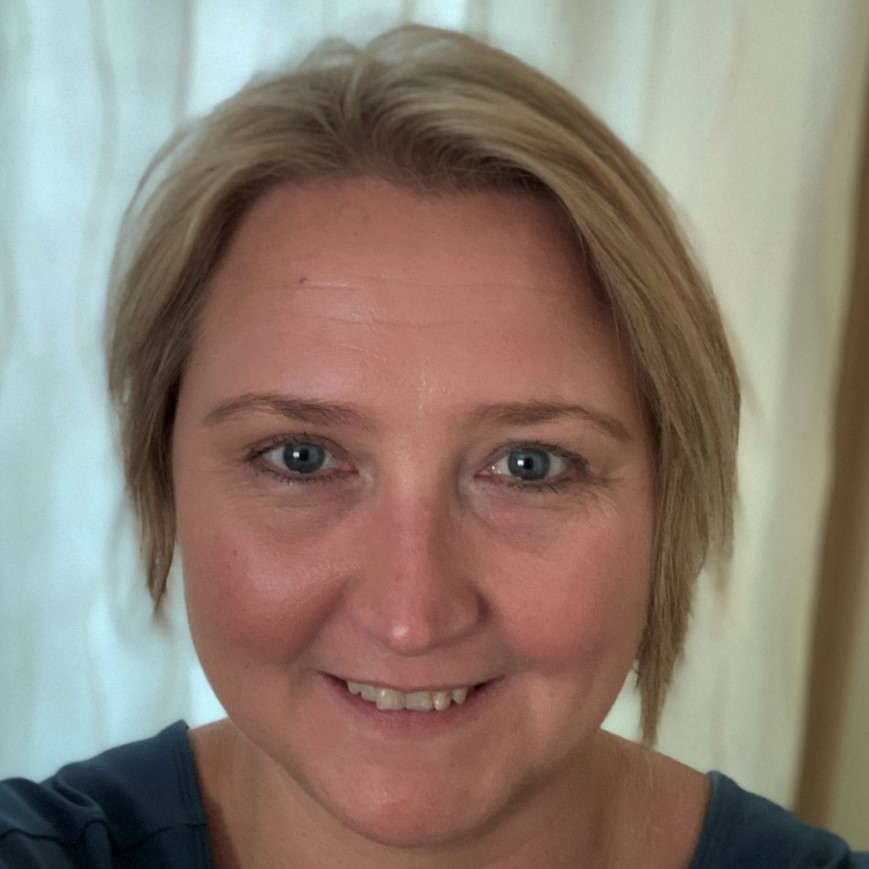
Michelle Mitchell
Michelle Mitchell is the Founder and Executive Director of Partnerships For Health, where she Mitchell serves as Principal Investigator in all evaluations undertaken. With a business undergraduate and a psychology graduate degree, Michelle navigates both the fiscal and relationship aspects of evaluation oversight. Her career in public health began while working in the rural HIV/AIDS-related clinical trial setting in South Africa. Since then, she has served as the principal investigator for over 85 evaluations that range from formative research on informed consent among vulnerable populations, to efficacy of an asthma home-visiting intervention. During her 20+ years in the field of public health, she has worked with local community organizations, statewide agencies, legislators, health systems, federal programs, and international agencies. In addition, Michelle has presented at many local, national, and international conferences.
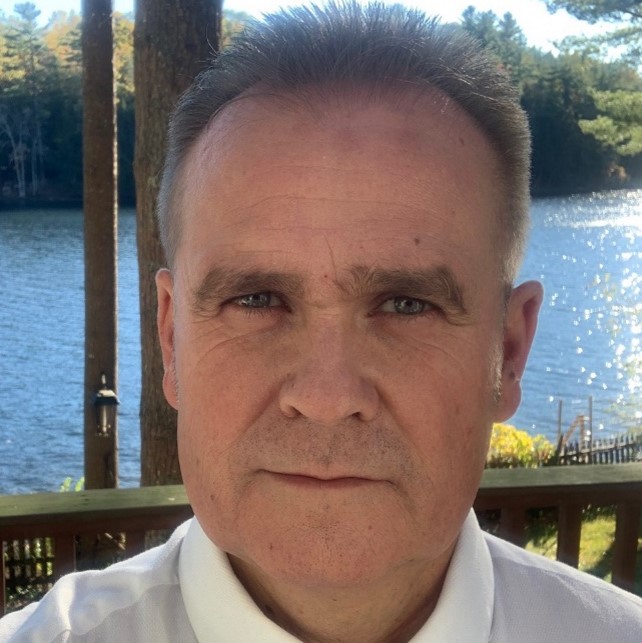
Clyde Mitchell
Clyde Mitchell has worked in academia for 27 years, teaching accounting and finance at both the graduate and undergraduate levels in both the United States and South Africa. Originally from Zimbabwe, Dr. Mitchell is currently a professor of Business at the University of Maine Farmington. Before entering academia, Dr. Mitchell worked as an accountant and consultant for Ernst and Young. Dr. Mitchell’s research includes business ethics, environmental accounting and reporting, and more recently economic evaluations and financial analyses in the field of public health.
Registration
Select the Enroll Me button below to register for this recording. If you have any trouble accessing the recording, contact support@nephtc.org.
Acknowledgement: This project is supported by the Health Resources and Services Administration (HRSA) of the U.S. Department of Health and Human Services (HHS) as part of award 2 UB6HP31685‐05‐00 “Public Health Training Centers.” The contents are those of the author(s) and do not necessarily represent the official views of, nor an endorsement, by HRSA, HHS or the U.S. Government.
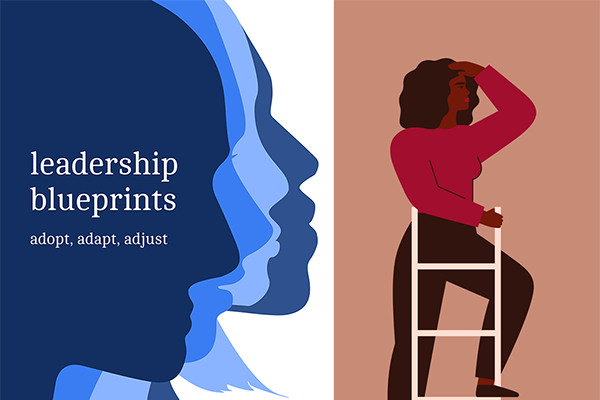
Using Leadership Tools to Overcome Trauma in the Workplace, Part I: Self Awareness and the Individual
How can self-awareness help leaders address the trauma and stress in workforce and communities?



Register
Course Information
- Audience: Public health professionals concerned with building leaders and rebuilding teams and organizations, and influencing a resilient workplace culture
- Format: 2-Part Webinar Series
- Date/Time: Thursday, April 28, 2022
12:00 pm - 1:00 pm ET - Price: Free
- Length: 1 hour
- Credential(s) eligible for contact hours: Sponsored by New England Public Health Training Center (NEPHTC), a designated provider of continuing education contact hours (CECH) in health education by the National Commission for Health Education Credentialing, Inc. This program is designated for Certified Health Education Specialists (CHES) and/or Master Certified Health Education Specialists (MCHES) to receive up to 1 total Category I continuing education contact hours. Maximum advanced-level continuing education contact hours are 1. Provider ID: 1131137 Event ID: PM1131137_04282022.
If you are not seeking a CHES/MCHES contact hours, if you complete the evaluation, you will receive a Certificate of Completion. The Certificate will include the length of the course. - Competencies: Leadership and Systems Thinking Skills
- Learning Level: Awareness
- Companion Trainings: How to Build Leaders and Use Leadership to Overcome Workplace Challenges: Part II
- Supplemental materials:None
- Pre-requisites: None
About this Webinar
As the public health workforce has suffered documented trauma and stress since 2020, there are many calls for rebuilding a resilient public health workforce. What known and practical leadership principles and techniques can we use as we rebuild? Part 1 of the two-part series will focus on strategies for individual and collective reflection, and explain concepts related to self-awareness and their place in leadership and building leaders. Practical self-reflection questions will be provided as well as examples of methods used by leaders and teams to engage the workforce in self-awareness work.
What you'll learn
After completing this course, participants will be able to:
- Describe concepts related to self-awareness and their place in leadership and building leaders
- Describe why using self-awareness tools for building leaders is valuable in a time of workforce trauma, stress and burnout
- Name two examples of how tools can be used individually or for a team
This webinar is recorded and made available within 2 business days of the webinar close. Please log in to view the recording in the section "View a Recording of the Webinar. "
Subject Matter Expert
-
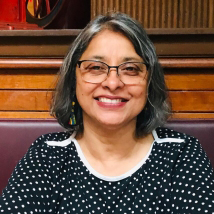
Sadhana W. Hall
Sadhana Warty Hall’s commitment as both a teacher and practitioner of leadership reflects a deep dedication to justice and empowerment, both locally and globally. She has applied her experience in management and strategic thinking to community development at institutions ranging in location from New Hampshire and Vermont to Tuvalu, Armenia, and Bhutan. As the current Deputy Director of the Rockefeller Center for Public Policy at Dartmouth College, she manages overall operations. She conceptualized the curricula of high-impact co-curricular leadership and mentoring programs and now oversees them. In recognition of her work, Sadhana received Dartmouth College’s Sheila Culbert Distinguished Employee Service Award, the Australia Government’s Endeavor Executive Leadership Award to adapt and implement leadership curricula for Australian Indigenous communities, and acceptance into the Fulbright Specialist Program. Over the past few years, Sadhana has offered workshops and technical assistance to different technical sectors including health, engineering, entrepreneurship, and higher education. She is the co-author of Teaching Leadership: Bridging Theory and Practice (2018) and her second book, Leadership Blueprints: Adopt, Adapt, and Adjust was published in July 2021. Hall earned an M.A. in history from the University of Rajasthan, India and completed an M.P.H. in public health from the University of North Carolina in the United States.
Registration
Select the Enroll Me button below to register for this course. If you have any trouble accessing the course, contact support@nephtc.org.
Acknowledgement: This project is/was supported by the Health Resources and Services Administration (HRSA) of the U.S. Department of Health and Human Services (HHS) under grant number UB6HP31685 “Regional Public Health Training Center Program.” This information or content and conclusions are those of the author and should not be construed as the official position or policy of, nor should any endorsements be inferred by HRSA, HHS or the U.S. Government.
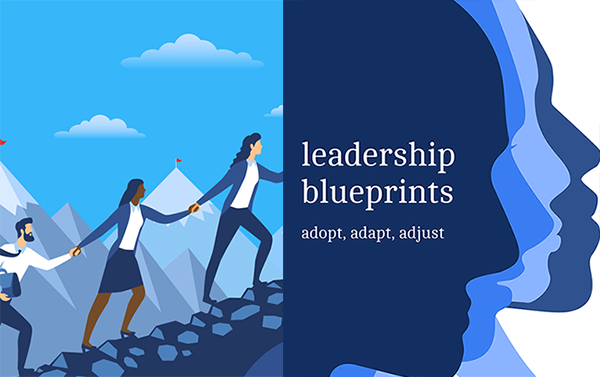
Using Leadership Tools to Overcome Trauma in the Workplace, Part II: Teams and Cultures
What practical leadership principles can help you plan to rebuild a vibrant, caring and authentic culture in line with shared workplace values? 



Register
Course Information
- Audience: Public health professionals concerned with building leaders and rebuilding teams and organizations, and influencing a resilient workplace culture
- Format: 2-Part Webinar Series
- Date/Time: Tuesday, May 3, 2022
1:00 pm - 2:00 pm ET - Price: Free
- Length: 1 hour
- Credential(s) eligible for contact hours: Sponsored by New England Public Health Training Center (NEPHTC), a designated provider of continuing education contact hours (CECH) in health education by the National Commission for Health Education Credentialing, Inc. This program is designated for Certified Health Education Specialists (CHES) and/or Master Certified Health Education Specialists (MCHES) to receive up to 1 total Category I continuing education contact hours. Maximum advanced-level continuing education contact hours are 1. Provider ID: 1131137 Event ID: PM1131137_05032022.
If you are not seeking a CHES/MCHES contact hours, if you complete the evaluation, you will receive a Certificate of Completion. The Certificate will include the length of the course. - Competencies: Leadership and Systems Thinking Skills
- Learning Level: Awareness
- Companion Trainings: How to Build Leaders and Use Leadership to Overcome Workplace Challenges: Part I: Approaching the Traumatized State of Public Health Professionals and Communities
- Supplemental materials:None
- Pre-requisites: None
About this Webinar
As the public health workforce has suffered documented trauma and stress since 2020, there are many calls for rebuilding a resilient public health workforce. What known and practical leadership principles and techniques can we use as we rebuild? Part 2 of the two-part series will focus on strategies for individual and collective reflection, and explain concepts related to principles of team dynamics and organizational development and their place in leadership and building leaders. How can this help us build not just resilient workplaces, but also vibrant, caring, and authentic cultures where our workforces will want to stay?
What you'll learn
After completing this course, participants will be able to:
- Review key concepts related to team dynamics and organizational development
- Name two examples of how tools have been used to improve workforce team dynamics
- Describe how teams and organizations can use tools to create a vibrant, resilient, and equitable workplace
This webinar is recorded and made available within 2 business days of the webinar close. Please log in to view the recording in the section "View a Recording of the Webinar. "
Subject Matter Expert
-

Sadhana W. Hall
Sadhana Warty Hall’s commitment as both a teacher and practitioner of leadership reflects a deep dedication to justice and empowerment, both locally and globally. She has applied her experience in management and strategic thinking to community development at institutions ranging in location from New Hampshire and Vermont to Tuvalu, Armenia, and Bhutan. As the current Deputy Director of the Rockefeller Center for Public Policy at Dartmouth College, she manages overall operations. She conceptualized the curricula of high-impact co-curricular leadership and mentoring programs and now oversees them. In recognition of her work, Sadhana received Dartmouth College’s Sheila Culbert Distinguished Employee Service Award, the Australia Government’s Endeavor Executive Leadership Award to adapt and implement leadership curricula for Australian Indigenous communities, and acceptance into the Fulbright Specialist Program. Over the past few years, Sadhana has offered workshops and technical assistance to different technical sectors including health, engineering, entrepreneurship, and higher education. She is the co-author of Teaching Leadership: Bridging Theory and Practice (2018) and her second book, Leadership Blueprints: Adopt, Adapt, and Adjust was published in July 2021. Hall earned an M.A. in history from the University of Rajasthan, India and completed an M.P.H. in public health from the University of North Carolina in the United States.
Registration
Select the Enroll Me button below to register for this course. If you have any trouble accessing the course, contact support@nephtc.org.
Acknowledgement: This project is/was supported by the Health Resources and Services Administration (HRSA) of the U.S. Department of Health and Human Services (HHS) under grant number UB6HP31685 “Regional Public Health Training Center Program.” This information or content and conclusions are those of the author and should not be construed as the official position or policy of, nor should any endorsements be inferred by HRSA, HHS or the U.S. Government.



